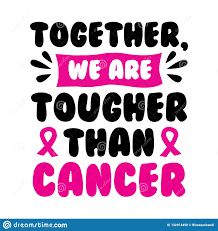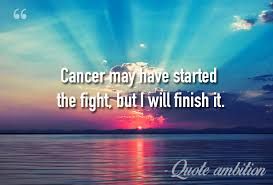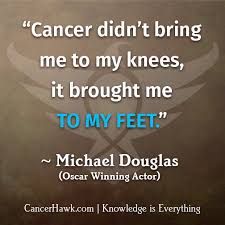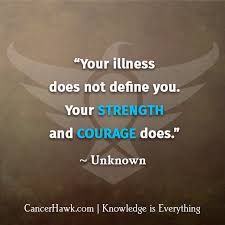“Heal Cancer –He Can”......
Mar 20, 2019 • 645 views
“HEALCANCER –HE CAN”
Yourbodyis made up of 100 million millions ofcells.Cancercanstartwhen just one of them begins to grow and multiply too much. The result is a growth called a tumour. Benign tumours are localised growths - they only cause problems if they put pressure on nearby tissues, such as the brain.

According to the American Cancer Society, men have a39.66 percentprobability, or approximately aone in threerisk, of developing cancer in their lifetime. For women, the odds are slightly lower, at37.65 percent. While those statistics may seem grim, there's still hope. Acancer cellcan have thousands of mutations, but only a certain number of these genetic changes incancer cellscausecancerto divide and grow. Ittakesabout three to six months for most lungcancersto double their size. Therefore, it couldtakeseveralyearsfor a typical lungcancerto reach a size at which it could be diagnosed on a chest X-ray.

Tumour ( swelling part of the body) suppressor genes, in contrast, are genes within thecellwhich tellcellsto slow down and stop growing, repair damaged DNA, or tellcellswhen to die.
Cancer Signs and Symptoms:
·Blood in the urine.
·Hoarseness.
·Persistent lumps or swollen glands.
·Obvious change in a wart or a mole.
·Indigestion or difficulty swallowing.
·Unusual vaginal bleeding or discharge.
·Unexpected weight loss, night sweats, or fever.
·Continued itching in the anal or genital area.

The mostcommonrisk factors for cancer include aging, tobacco, sun exposure, radiation exposure, chemicals and other substances, some viruses and bacteria, certain hormones, family history of cancer, alcohol,poordiet, lack of physical activity, or being overweight.
Most chroniccancerscannot becured, but somecanbe controlled for months or even years. In fact, there's always a chance thatcancer willgo into remission. If thecancer cellsare unable to divide, theydie. The faster thatcancer cells divide, the more likely it is that chemotherapy will kill thecells, causing the tumour to shrink. They also inducecellsuicide (self-death or apoptosis).

Cancer prevention: 7 tips to reduce your risk
1.Don't use tobacco. Using any type of tobacco puts you on a collision course with cancer.
2.Eat a healthy diet.
3.Maintain a healthy weight and be physically active.
4.Protect yourself from the sun.
5.Get vaccinated.
6.Avoid risky behaviours.
7.Get regular medical care.
